GLOW is dedicated to bringing you a range of publications and other resources about a gender-equal recovery through low-carbon innovation.
Resources
Image
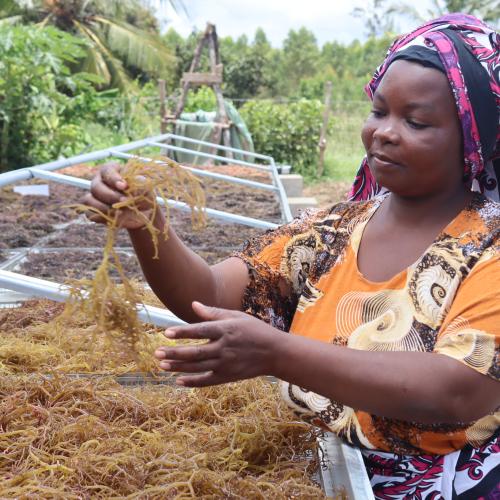
Policy brief
New evidence from the GLOW programme makes the case that climate-smart businesses innovating in the low-carbon, climate-resilient space require a gender lens approach to meet their full potential for economic sustainability and positive climate impact.
Image
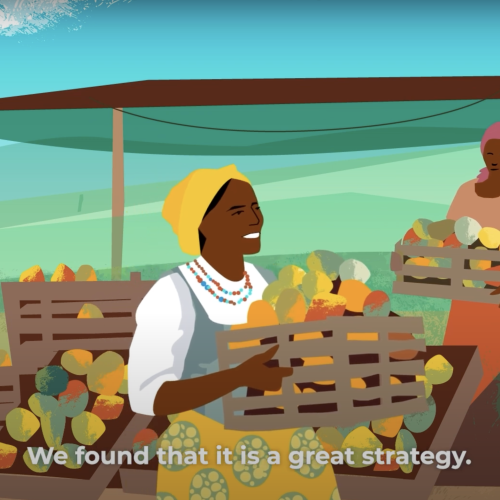
Video
Watch the GLOW programme animation in English, with French or Spanish subtitles, to learn why investing in women as low-carbon and climate resilience leaders is not just fair, it's smart.
Image
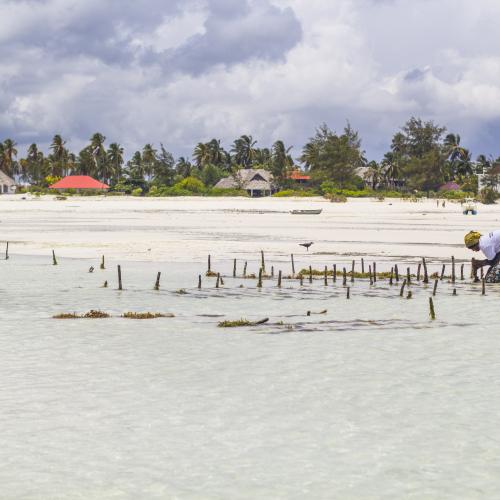
Research report
This report summarises learning from the GLOW programme on common challenges and promising solutions for advancing women’s empowerment in low-carbon transitions.
Image
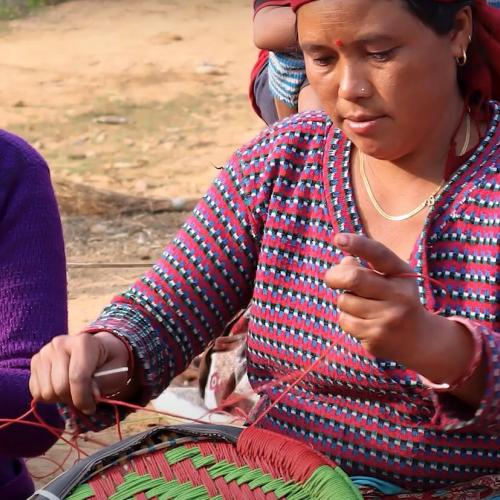
Issues brief
ForestAction Nepal’s work to empower rural women entrepreneurs is captured in this video that features voices from those whose lives and livelihoods have been strengthened by the project.
Image
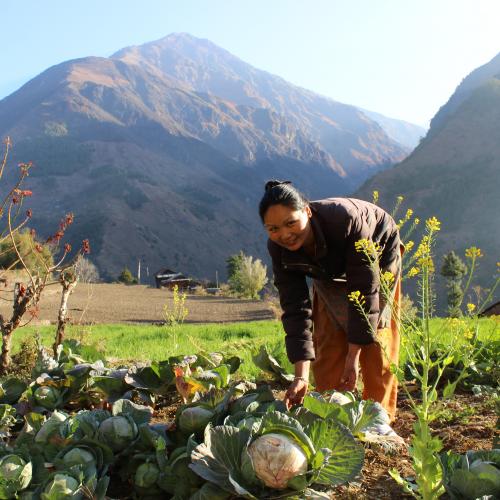
Research report
This report for the GLOW programme reviews the evidence on women's economic empowerment in low-carbon transitions. It identifies the gaps in the evidence base; and recommends how GLOW and other research initiatives and funders may further enrich the evidence, and inform policy and practice.
Image
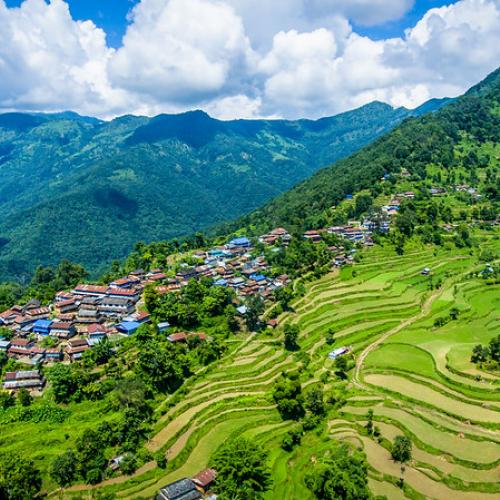
Issues brief
The project 'Economic empowerment of women through forest solutions' in Nepal here describes its objectives and approaches in a colourful brochure, amply illustrated by photographs from the project's localities.
Image
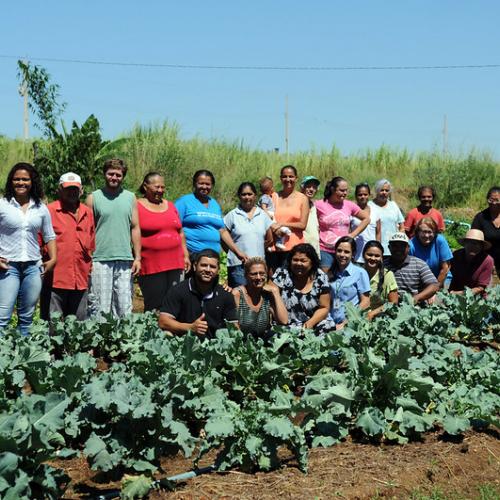
Webinar
This is the recording of a GLOW webinar in two parts, on the topic of 'National leadership and feminist networks: two entry points for promoting gender equality in low-carbon, climate-resilient development. Insights from the African continent and Brazil.'
Image
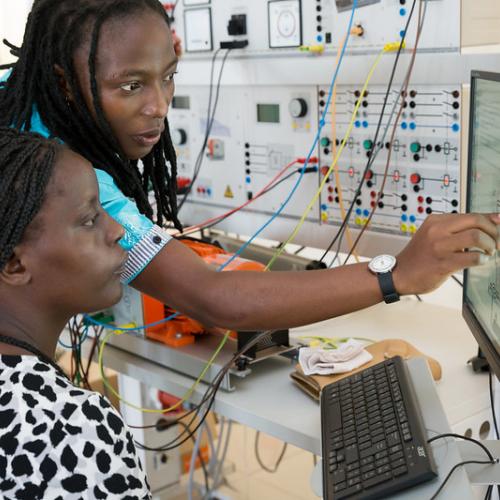
Policy brief
This policy brief reviews how well women’s economic empowerment and low-carbon transitions are integrated in theory and in practice. It provides key recommendations for governments, international financial institutions and research funders.
Image

Webinar
This is the recording of a GLOW webinar in two parts, on the topic of 'National leadership and feminist networks: two entry points for promoting gender equality in low-carbon, climate-resilient development. Insights from the African continent and Brazil.'

